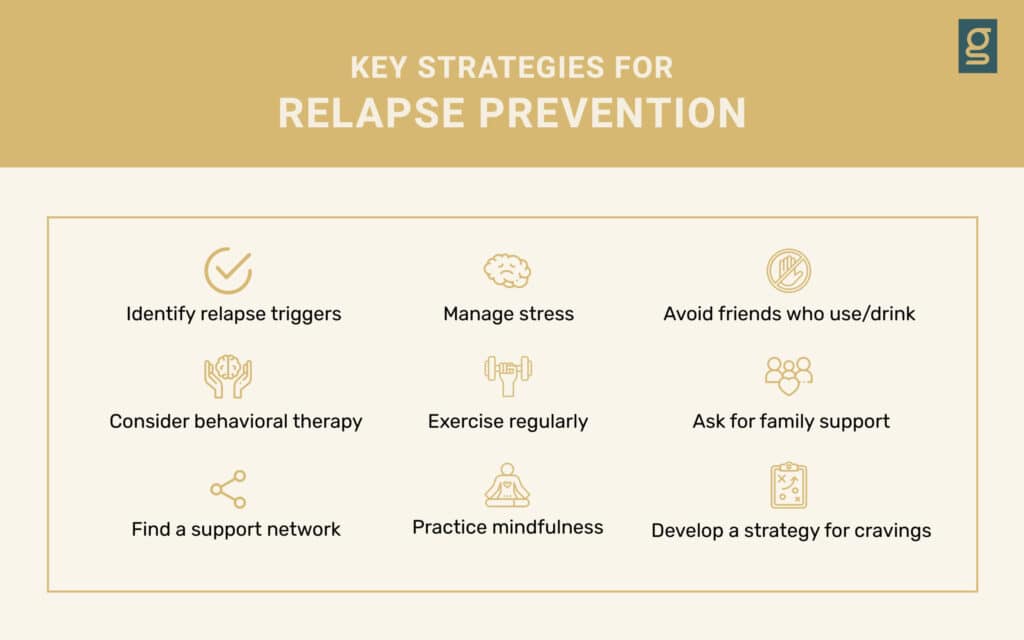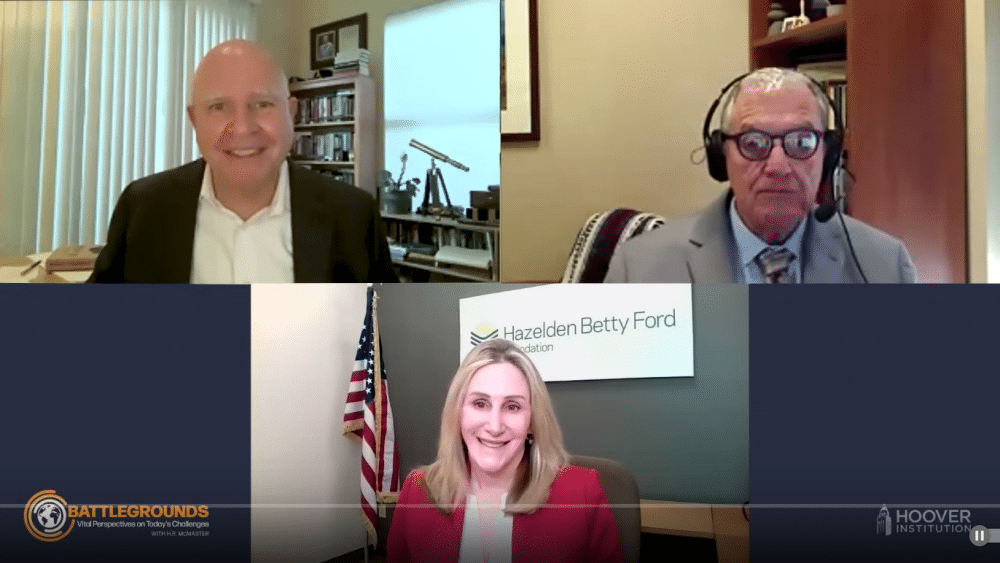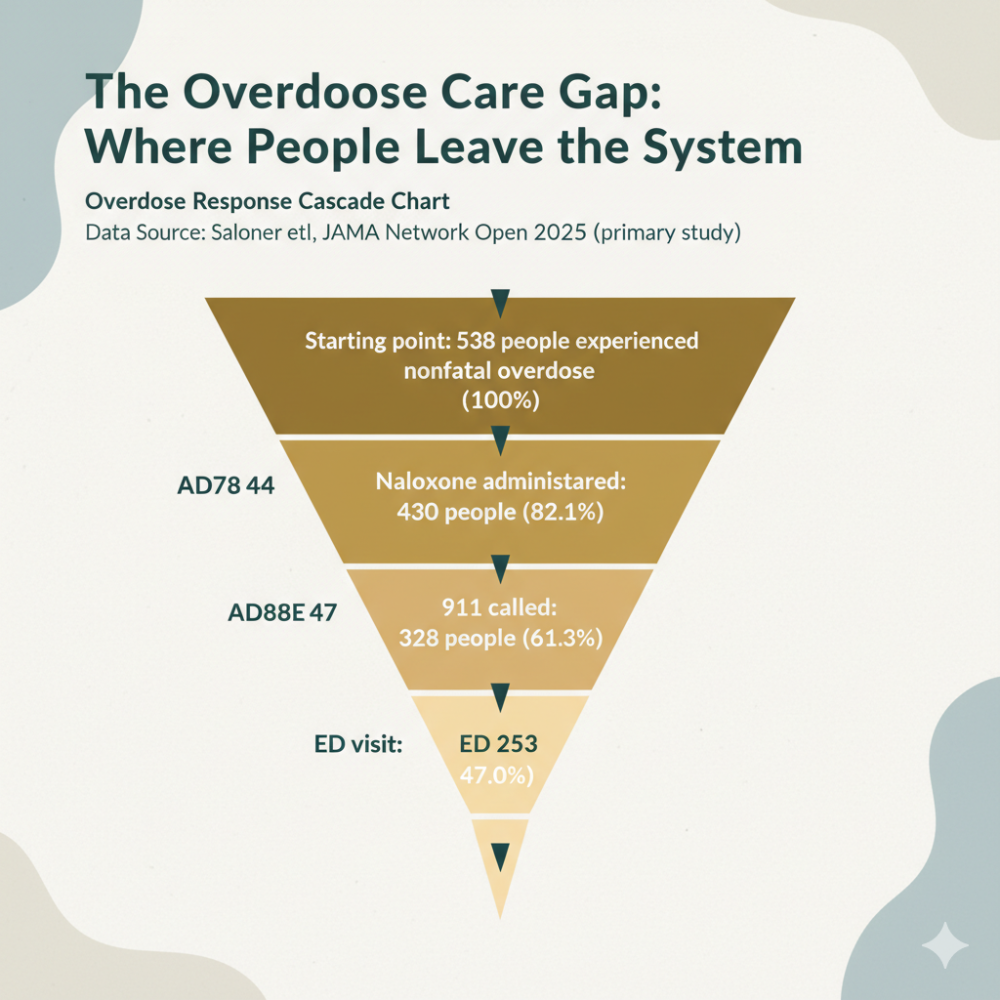Substance use disorder treatment is intended to promote long-term recovery and prevent returning to use. However, that isn’t always the case. In this blog, we outline the key strategies to help people maintain recovery and prevent relapse.
What is Relapse Prevention?
While all treatments for addiction are intended to prevent returning to use, there is a specific and formal intervention that aims to specifically defend against relapse. It’s called Relapse Prevention.
According to the Recovery Research Institute, Relapse Prevention “is a skills-based cognitive, cognitive-behavioral approach that requires patients and their clinicians to identify situations that place the person at greater risk for relapse – both internal experiences (e.g., positive thoughts related to substance use or negative thoughts related to sobriety that arise without effort, called “automatic thoughts”) and external cues (e.g., people that the person associates with substance use).”
Relapse Prevention is a Cognitive Behavioral Therapy developed in the 1980s by G. Alan Marlatt, and later published in a book in 1985 with Judith Gordon.
The theory behind relapse prevention is that substances have been used as a coping strategy for life. However, those with substance use disorder were unable to stop using and often lack the life skills to cope with challenges, like stressful situations. In order to prevent relapse, the person with substance use disorder needs to develop a range of skills to cope with challenges and everyday situations. Over time, as a person uses new skills to cope, their likelihood of return to use reduces and their confidence and self-efficacy improves thus sustaining recovery.
There is strong evidence that Relapse Prevention is as helpful as other substance use disorder treatments.
In a nutshell, Relapse Prevention names high-risk situations where a person might be tempted to return to use, and identifies specific strategies to cope more effectively with those situations.
Relapse Prevention Strategies
- Creating awareness about the consequences of returning to use
- Challenging thoughts and perceptions that using has positive outcomes
- Developing coping skills to deal with triggers (learning how to say “no” when offered a drink or drug, and coping with cravings)
- Developing a plan for emergency situations
- Helping to reinforce a person’s ability to abstain in difficult situations
It is critical to long-term recovery to identify situations that might trigger one to relapse and to give them effective coping strategies, whether a person wants to take a more formal route of Relapse Prevention, or simply identify high-risk situations themselves.
Tips for Preventing Relapse
At Gallus Detox Centers, our Clinical Director, Steve Carleton, LCSW, advises, “A daily routine is the best protection against relapse. Drifting slowly back towards use is common, and having a routine to focus the mind on sobriety and set sober intentions goes a long way,” he says.
“People do much better when recovery becomes proactive and valued. Also, anticipate the next crisis. The vast majority of our interactions and activities are predictable. Take note when your gut tells you something is risky, and put some effort into preparing what your response will be if it triggers thoughts or urges to use.”
He suggests the simple act of picking up the phone to talk to someone is helpful. “This seems so simple, but like many have pointed out, that phone can feel like it’s a thousand pounds. To address this, have conversations with your trusted confidants before the crisis. Ask and/or inform them they are who you would call when thinking about using. Asking for help and support is hard, so I urge folks to not wait until there is a crisis to establish this strategy.”
Another key factor in preventing relapse, and a reliable predictor of success in recovery is days in a recovery environment. “The more days people spend in an activity centered around recovery, the higher probability they will not return to use. Recovery environment is intentionally broad here, and encompasses any activity where the focus is on recovery and/or growth,” says Carleton.
We’ve listed a number of tools that can be used as coping strategies for stressful, high-risk, or everyday situations that cause people to feel triggered.
- Identifying relapse triggers
- Manage stress
- Avoid friends who use/drink
- Consider behavioral therapy
- Exercise regularly
- Ask for family support
- Find a support network
- Develop a strategy to deal with cravings
- Practice mindfulness
- Try yoga and meditation

At Gallus Medical Detox, we believe there is dignity in healing. To learn more about how we can help take the best first step towards recovery, call us now at 866-272-5978.


 Steve B
Steve B 
